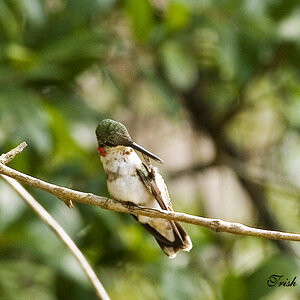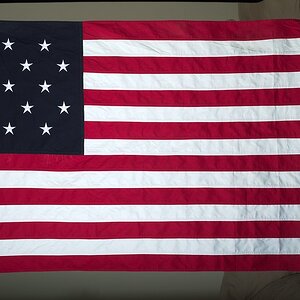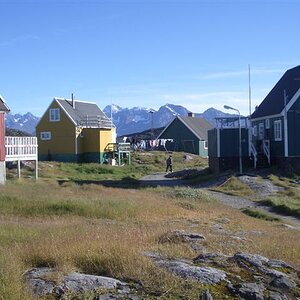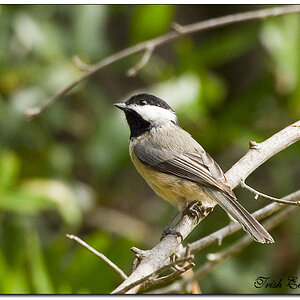thebeginning
TPF Noob!
- Joined
- Jan 10, 2005
- Messages
- 3,795
- Reaction score
- 30
- Location
- Texas
- Website
- www.danielcolvinphotography.com
- Can others edit my Photos
- Photos NOT OK to edit
is there a certain way to know? i always thought that over exposure was when certain parts of the photo were so bright that detail was lost and underexposure was the same except opposite (haha ?).



![[No title]](/data/xfmg/thumbnail/42/42275-2ca41f93a172e2e510afb46912a2bb61.jpg?1619740084)




![[No title]](/data/xfmg/thumbnail/30/30866-bdfc426e8ee7e6ad63f6d751c5f288f0.jpg?1619734485)
![[No title]](/data/xfmg/thumbnail/30/30867-a58aa3d7c15d0b48498a201af3a68a8f.jpg?1619734485)

![[No title]](/data/xfmg/thumbnail/30/30870-c7febc7c14dc6447653c2ae2355ffc61.jpg?1619734488)


